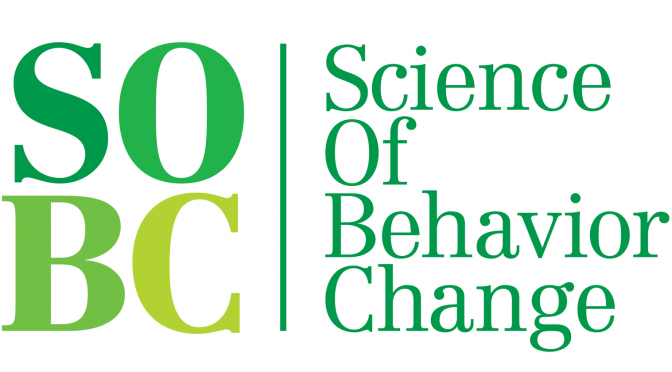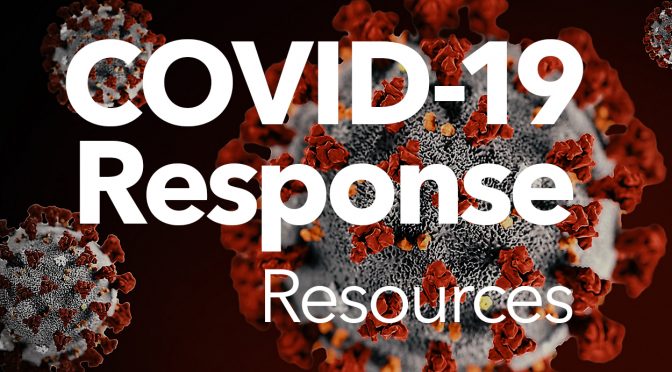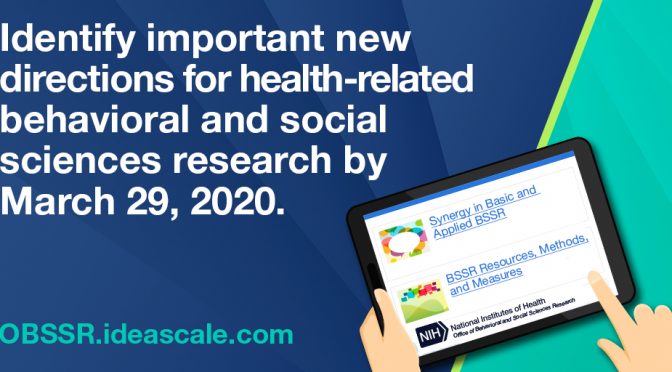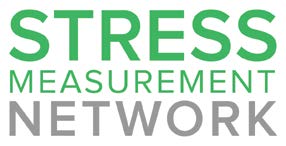
Special Issue: The Science of Behavior Change: Implementing the Experimental Medicine Approach
A pioneering collaboration between 10 prestigious institutions across the nation has released a special issue of Health Psychology that proposes groundbreaking approaches to uncover basic behavioral processes that influence behavior change. This collaboration involves researchers at the Feinstein Institutes for Medical Research of Northwell Health, Columbia University, Medical University of South Carolina, Oregon Health & Science University, SUNY Downstate Health University, Yale University, University of California Berkeley, University of Connecticut, Harvard University, and Boston University.
In this special issue, the authors unveil nearly a dozen scientific tests of basic behavioral processes and two commentaries covering diverse scientific areas in behavior change interventions. They describe how investigative teams are using the experimental method to advance our understanding of what drives human behavior, such as medication adherence, mindfulness training, and episodic future thinking. Importantly, each scientific team describes how they have adhered to Open Science processes in the conceptualization and implementation of their project. With this new knowledge, researchers can move beyond a trial-and-error approach to develop powerful evidence-based tools that improve behavior change interventions across a wide range of human behavior.






